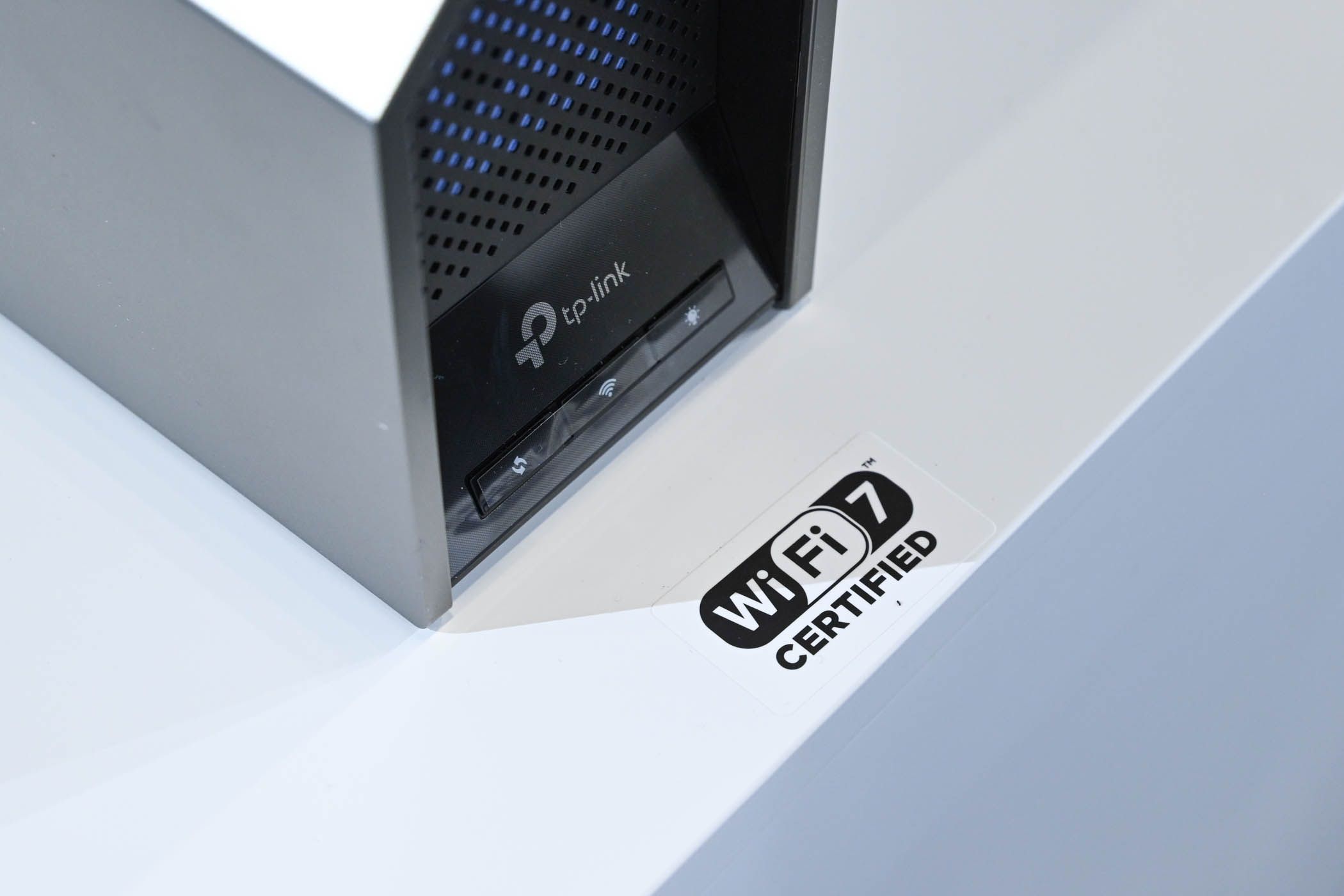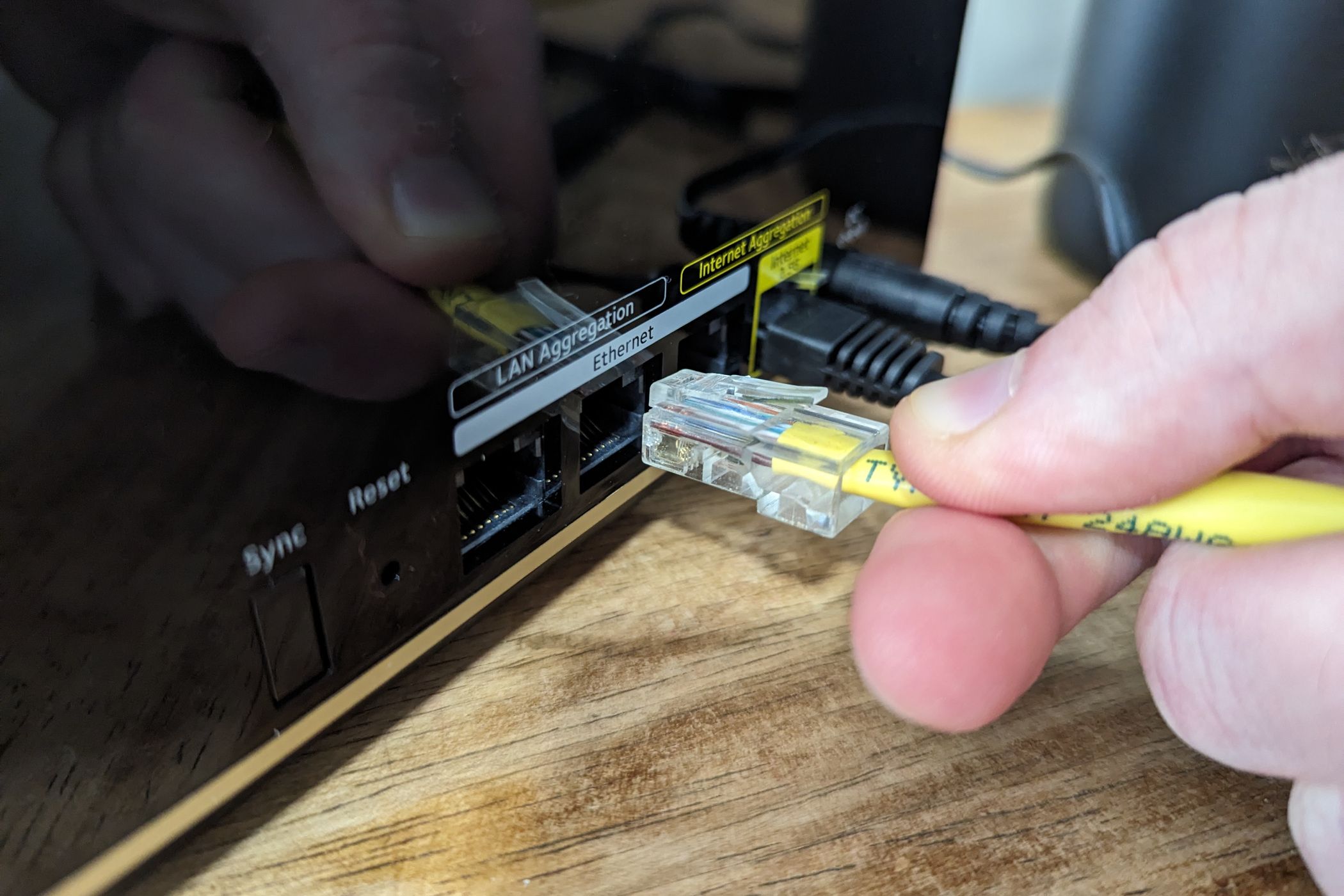
Understanding the Critical Differences Between Wireless Networks and the Worldwide Web for Enhanced Connectivity

Understanding the Critical Differences Between Wireless Networks and the Worldwide Web for Enhanced Connectivity
Key Takeaways
- Wi-Fi is a way to connect to the Internet, while the Internet is what you’re connecting to.
- Wi-Fi uses radio waves to connect devices across a Wireless Local Area Network, while the Internet is a global network of interconnected computers.
- Understanding the difference is important for setting up networks, troubleshooting connectivity, securing the network, and optimizing performance.
The terms “Wi-Fi” and “Internet” are commonly used interchangeably, even though they refer to very different technologies. Knowing the differences and why they matter can help make getting online and staying online far easier.
Wi-Fi or Internet: What’s the Difference?
One of the easiest ways to think about the difference is that Wi-Fi is a way to connect to the Internet, while the Internet is what you’re connecting to. It’s like the difference between a library and the door to enter the library. They are parts of the same system but with very different roles.
Wi-Fi
Wi-Fi is a technology that allows devices to communicate wirelessly over a local network. It’s simply an alternative to having data cables physically connecting two devices, such as a PC and a printer. Instead of sending data back and forth across cables, Wi-Fi uses radio waves sent across a Wireless Local Area Network (WLAN) hosted by a router .
The range of a Wi-Fi network is constrained by the wireless router used to host it. There might be a Wi-Fi network at your home, place of work, and local coffee shop, but each one is individual to those local areas, with their own network IDs and passwords.
Being connected “to Wi-Fi” and connected “to the Internet” isn’t the same. You can be connected to a router’s Wi-Fi network yet not connected to the Internet if the router isn’t linked to a modem . The modem is the bridge between your router and the Internet, and without it, a Wi-Fi network cannot be used to send and receive data beyond its limited range.
Put simply, Wi-Fi is one way to access the Internet, but it isn’t reliant upon Internet access to work.
Internet
The Internet is the name given to a global network of interconnected computers and servers that communicate with each other using a standardized set of protocols called TCP/IP . Within this massive network of connected hardware is stored all the online data we want to view, from web pages and emails to cat videos and social media feeds.

Jordan Gloor / How-To Geek
That data comes into your home or workplace through a cable connecting the network to a modem . Assuming a router is also present, it’s only at this point that the data can be sent to your wireless-enabled devices through your Wi-Fi network.
Connecting to the Internet isn’t dependent on a Wi-Fi network. You can also connect through a traditional wired LAN connection or wirelessly through a cellular network. Going online was a thing long before Wi-Fi became popular, and remembering that fact is one of the easiest ways to separate one from the other.
What Does “Wi-Fi” Mean?
It would be easy to assume, as it often is, that “Wi-Fi” is an abbreviation of “Wireless Fidelity.” You might even have read this explanation somewhere in the past. In truth, according to one of the original members of the Wi-Fi Alliance responsible for choosing the name, it doesn’t mean anything.
Just as with product names like Prozac or Kodak, Wi-Fi has no meaning other than as a short, catchy, and easily remembered name created by a branding company. It’s undoubtedly friendlier than “IEEE 802.11b Direct Sequence,” which was what it was called before being rebranded as “Wi-Fi.”
So next time someone exclaims that “Wi-Fi stands for Wireless Frequency Interface,” or something of the sort, feel free to correct them.
What Does “Internet” Mean?

kkssr / Shutterstock.com
The term “Internet” has a longer history of use than many of us might imagine. The word “internetted,” meaning interwoven or interconnected, was recorded in use as early as 1849. Later, in the 1940s, “internet” was used by U.S. military radio operators as shorthand for “internetwork.”
The first written use of the term in its modern context is usually credited to computer scientist Vint Cerf, who helped develop the TCP/IP protocols that govern how data moves through the network. It is thought to have been used as shorthand for the “interconnected networks” Cerf and others were dealing with, and the name stuck.
Why Understanding the Difference Matters
Knowing the difference between “Wi-Fi” and the “Internet” is important for many reasons. You don’t need to be an expert on either technology, but understanding how and why they are different could help with any or all of the following tasks:
Home Network Setup
If you don’t know the difference between these two technologies, setting up and adding to your home network can be difficult and frustrating. Even just understanding the basics can make these tasks easier and perhaps save you from having to call out an expensive network technician.
Troubleshooting Connectivity Issues
Knowing the difference could help you identify where connectivity problems lie , whether down to a Wi-Fi network issue or an Internet connection issue. And if you need to seek external help, you will be better able to explain the problems encountered.
Network Security
Your Wi-Fi network and Internet connection can be secured in different ways. Understanding the difference helps you avoid network vulnerabilities and take the right security steps, from VPNs to passwords, to protect each part of the network.
Optimizing Network Performance
Understanding the difference between Wi-Fi and the Internet will help you optimize your connection. This can include identifying the cause of slow speeds and making informed decisions about equipment and Internet service plans. There’s no point paying for a super-fast broadband connection if it gets bottlenecked by a sub-par router.
You don’t need to be an expert on the intricate ways Wi-Fi and the Internet work, but understanding the key differences is more important than might be immediately obvious. Just knowing that these two technologies are separate things, not dependent on the other to work properly, can make getting and staying online easier.
Also read:
- [New] Access High-Quality YouTube Images Without Paying a Dime for 2024
- [Updated] Master the Art of Playing GB Classics on a Windows PC
- 2024 Approved Cutting-Edge Techniques for Pitch Modification in Audacity Keeping the Sound Crisp
- Get Your System Updated: NVIDIA Driver Download for Modern Windows Systems
- Guide: Installing the Official Canon DR-C225 Printer Drivers for Windows 11/10/8 Systems
- How to Remove a Previously Synced Google Account from Your Poco M6 Pro 4G
- In 2024, Jest in Imagery Create with Kapwing
- Latest Logitech T630 Driver Software for Windows 7, 8, or 10 Users
- Ultimate Troubleshooting: Find, Download & Upgrade Dell Latitude E6430 Driver Pack for Windows OS [RESOLVED]
- Title: Understanding the Critical Differences Between Wireless Networks and the Worldwide Web for Enhanced Connectivity
- Author: Joseph
- Created at : 2024-10-14 20:28:18
- Updated at : 2024-10-19 05:27:37
- Link: https://hardware-help.techidaily.com/understanding-the-critical-differences-between-wireless-networks-and-the-worldwide-web-for-enhanced-connectivity/
- License: This work is licensed under CC BY-NC-SA 4.0.